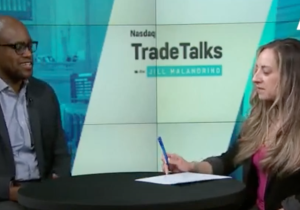
Dan McDermott, Senior Vice President, Special Situations Group, ICR
When proxy season ends, it’s tempting for senior management to feel that the risk of an activist attack has passed. But activist funds are already on the hunt for signs of weakness. Chief among them: weak total shareholder return, which consists of stock-price performance adjusted for dividends and special events like spinoffs. What’s more, total shareholder return is likely the number one consideration of proxy advisors ISS and Glass Lewis when they evaluate an alternative slate of directors proposed by an activist. That’s according to Dan McDermott, Senior Vice President in the Special Situations Group at ICR, where he advises clients on issues regarding shareholder activism, IPOs, mergers and acquisitions, Chapter 11 bankruptcies, short selling, executive transitions and regulatory investigations. Mr. McDermott, who has also worked for ISS, says that since 2013, dissident shareholders have cited poor shareholder return as a reason for board changes 91.4% of the time.

Indeed, ISS consistently recommends a partial or full dissident slate when a company’s shares have underperformed. The good news is that ISS has backed a dissident slate less-than 3% of the time when a company’s total shareholder return has outperformed its peer group over the past few years. The bottom line is that companies should have frameworks in place to regularly assess their vulnerabilities to activism, which include total shareholder return and a host of other factors.
The full article by Mr. McDermott is available here.
Contact:
John Jannarone, Editor-in-Chief
Twitter: @CorpGovernor







